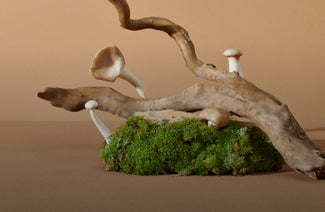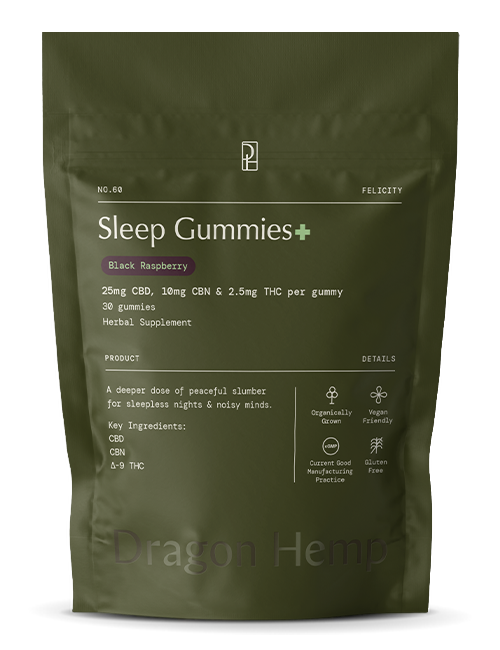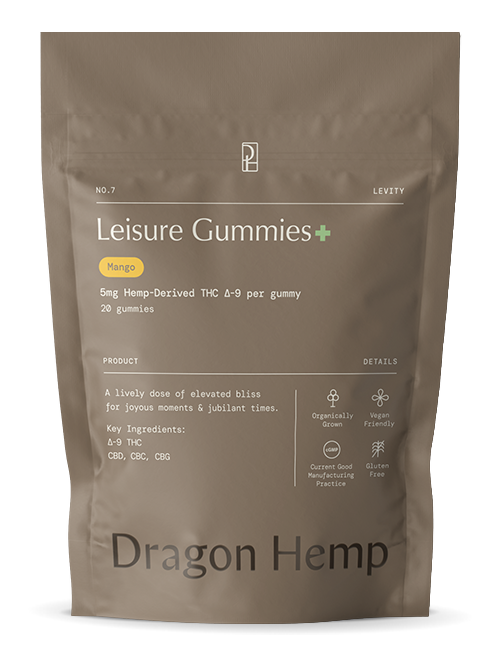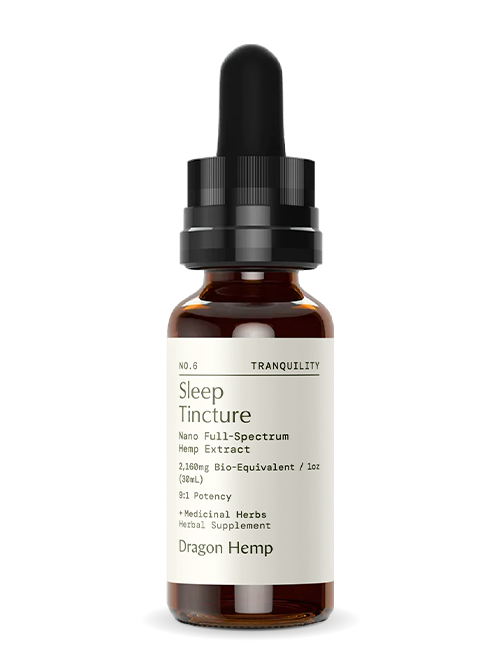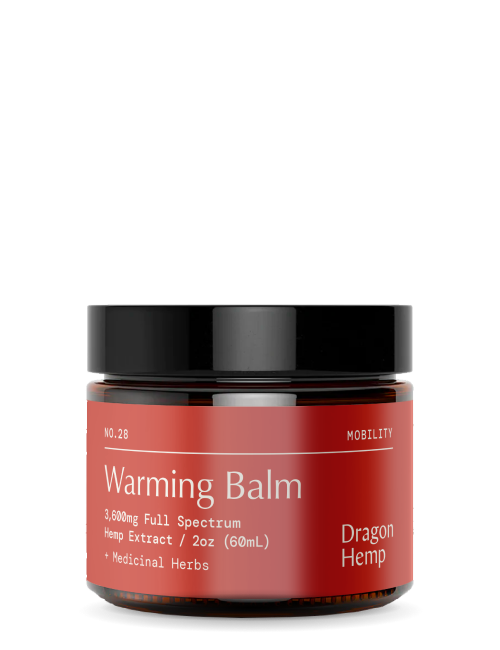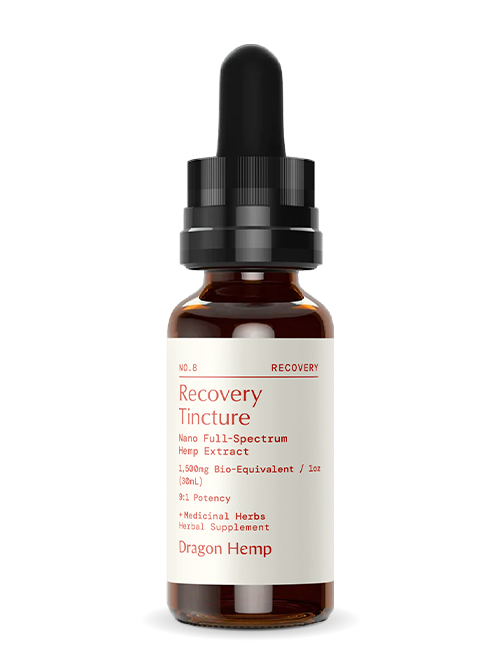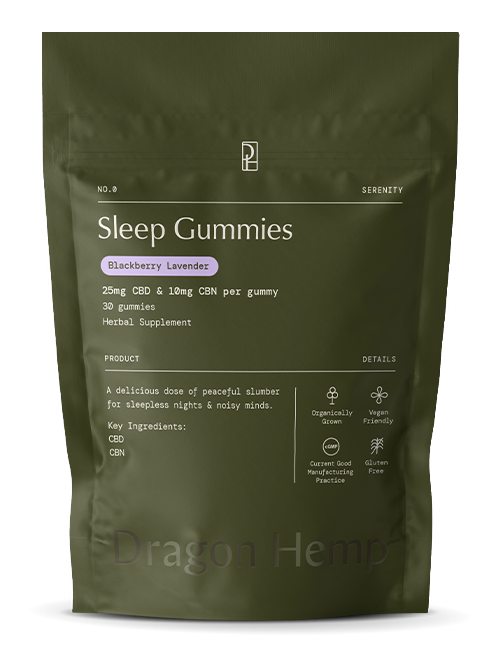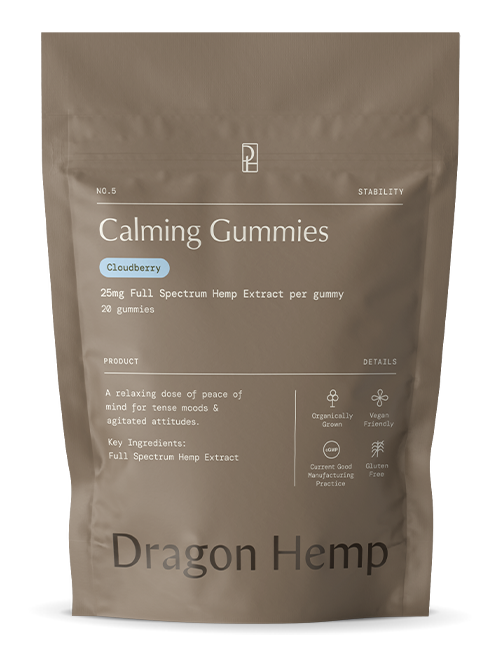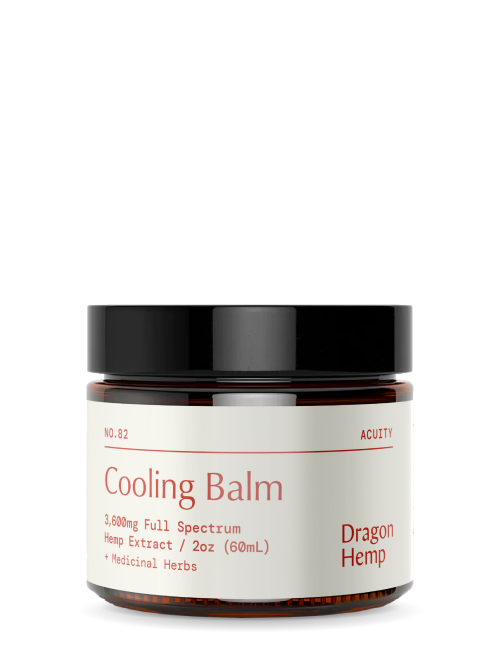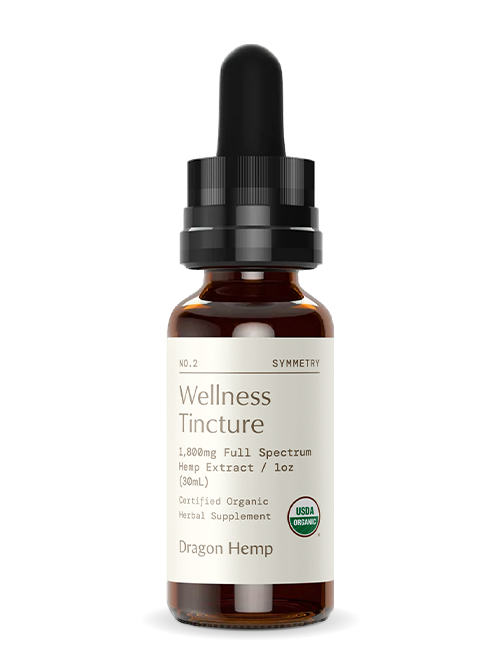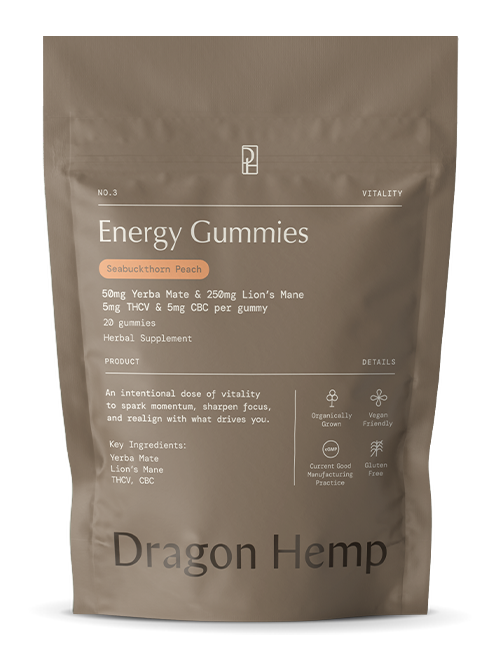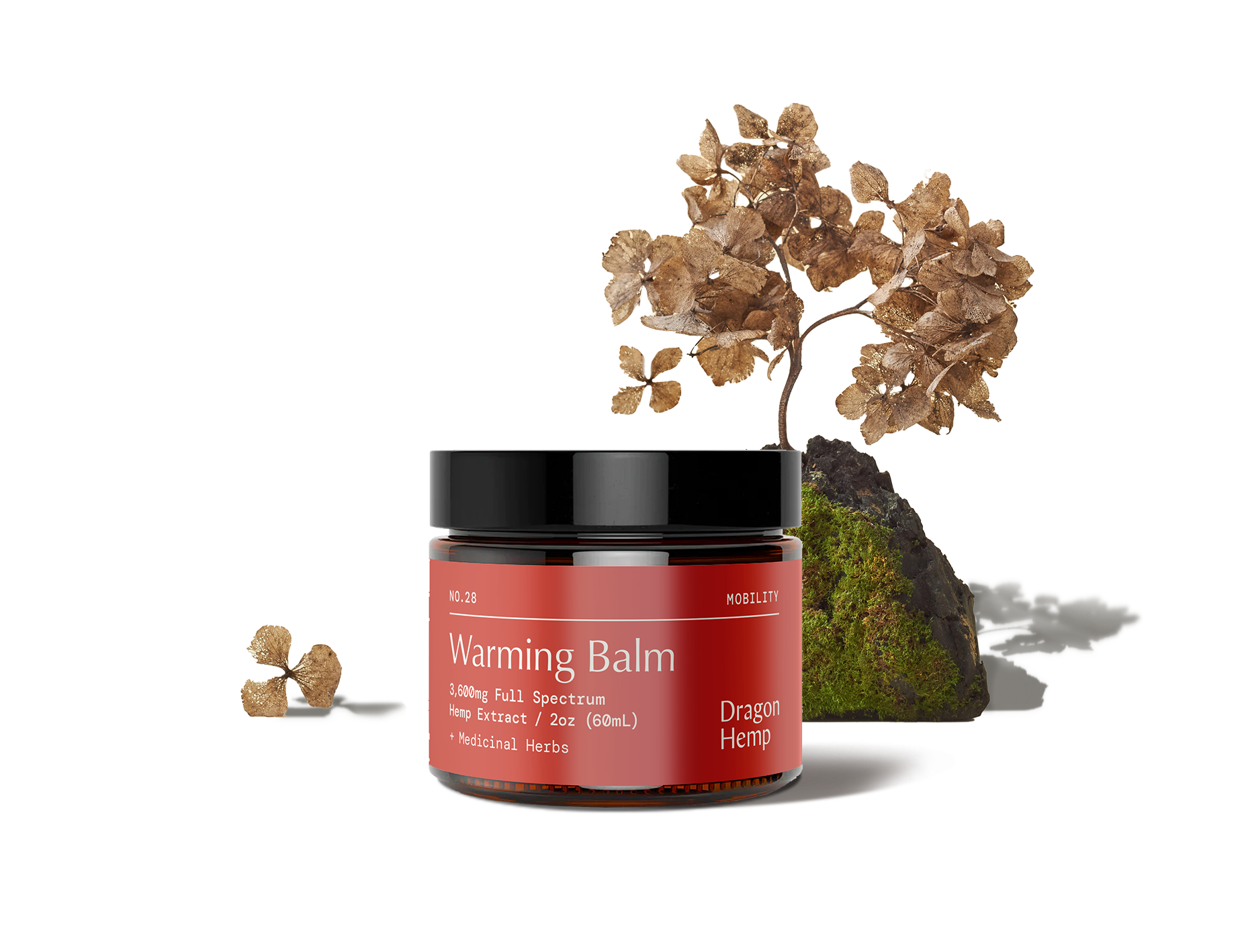
How to Take CBD for Sleep
All some people need to do to fall asleep is to close their eyes – lucky folks, these! But for some 25% of Brits, 14.5% of Americans and 14% of Australians, sleeping deprivation is real. So real that they have to rely on sleeping aids to get a shut-eye.
Sleep deprivation is many things and includes inadequate quantity/quality of sleep, involuntary sleeplessness, sleeping at the wrong time (e.g., during day time), staying awake in bed for longer times (>3 hours), and so on.
A healthy adult should sleep 7-9 hours every day. So, if you are doing less than 7 hours in three out of seven days, you may have a problem. Fortunately, there are many proven ways to help you sleep better.
Over-the-counter sleeping pills are some of the most popular sleep remedies, but natural fixes are fast gaining traction. One that is probably on everyone’s lips at the moment is cannabidiol (CBD). This bioactive compound in cannabis has generated quite a buzz thanks to its impressive health benefits, including sleep promotion.
As a result, CBD is the subject of many ongoing studies, even as preliminary findings paint a hugely promising picture. So, if you’ve heard about CBD for sleep and wonder how to use it, well, this is how.
Key takeaways
- CBD has been extensively studied for its wide range of health benefits, including sleep promotion.
- It exerts its effects by interacting with receptors in and out of the endocannabinoid system.
- Low CBD doses are considered stimulating, while higher doses are sedative.
- Take CBD oil 30 minutes to an hour before going to bed.
- The effect of CBD edibles lasts longer than other forms of CBD.
Does CBD work for sleep
The sleep-promoting attributes of CBD have been studied in great detail. A simple internet search with the keywords “CBD sleep study” yielded five different, recent scientific inquiries. As expected, the conclusions of these studies are mixed but largely seem to support CBD’s sleep-promoting qualities.
To understand the complex relationship between CBD and sleep, we have to paint its pharmacological profile. In other words, we need to comprehend its interactions with various receptors in the body, chiefly the ECS receptors.
The first port of call is the endocannabinoid system (ECS). This is a vast, intricate network of endogenous cannabinoids (endocannabinoids), enzymes, and receptors that facilitate various physiological and biological processes in the body.
Though the ECS mediates many bodily functions, homeostasis is considered one of its most important roles. Of course, if you consider the myriad of reasons that can take body balance off kilter, then the importance of this function becomes more apparent.
Endogenous cannabinoids work by activating the CB1 and CB2 receptors. These receptors are predominantly found in the central and peripheral nervous systems.
Plant cannabinoids like THC, CBD, and other cannabinoids can also activate these receptors because their chemical structures are near-identical. For example, the endogenous ligand anandamide is called an analog of THC because it produces a euphoric THC-like effect at the CB1 receptor. This is why it is also called the “bliss molecule.”
However, CBD is a CB1 receptor antagonist, essentially meaning it suppresses activity at these receptors. It is at the CB2 receptors that CBD’s pharmacological effects truly come to life. Since these receptors predominate the immune system, their activation affects immune system functioning and supports anti-inflammatory mechanisms.
There is evidence that CBD could help improve sleep quality. Two animal studies1 2 investigating the effect of CBD on sleep showed it increased the “total percentage of sleep” and reduced REM sleep at lower doses but induced an opposite effect at higher doses.
It has also been shown that CBD could help reduce REM sleep suppression due to anxiety. However, it did not affect the NREM sleep phase.
A clinical trial evaluating the efficacy of CBD as an adjunct treatment for sleep and anxiety problems showed that it reduced anxiety. However, sleep quality improved within the first month but fluctuated throughout the study duration.
Moreover, a 2019 review of current literature on cannabinoids and sleep architecture concluded that CBD’s effect on sleep might be dose-dependent. Lower doses are stimulating, while medium to high doses are sedative.
Overall, the impact of cannabinoids on the circadian rhythm highlights the theoretical connection between these substances and sleep. There is a need to examine the effect of cannabinoid ratios, dosage timing, dose, and method of administration to understand how these compounds influence sleep.
It is also unclear whether CBD’s all-encompassing effects may explain its positive impact on sleep. A recent survey in the UK showed that anxiety, sleep problems, stress, health, and well-being were the top four reasons for using CBD.
By reducing the effect of sleep distractors like pain and stress, CBD could potentially help people sleep better.
How much CBD to take for sleep
With cannabinoids, lower doses have typically been shown to be more beneficial than higher doses.
However, it is vital to remember that cannabinoids work differently with people. So, a dosage that works for one person might not work for another. That’s because cannabinoid activity is influenced by a host of factors, including:
- Potency
- Administration route
- Body characteristics, e.g., body fat, metabolism, etc.
- Cannabinoid combination
- Type and severity of the ailment
That said, manufacturers typically specify a recommended starting dose for consumers. Normally, they advise starting with lower doses and upping the dosage depending on how your body responds.
The idea is to help you reach your “sweet spot” without experiencing unwanted effects. CBD has an excellent safety profile, so you’re unlikely to experience serious side effects.
For sleep problems, experts recommend a CBD dose of 1–6 mg for every 10 pounds of body weight. So, a dose of 25 to 75 mg per day may be helpful for generalized sleep disorders. But if the condition is precipitated by severe anxiety, 300 to 600 mg daily may help, as high doses could reduce cortisol levels.
Nonetheless, it may cause side effects such as diarrhea, dry mouth, fatigue, appetite loss, and drowsiness. It can also interact badly with conventional medicines, hence the importance of consulting your physician before taking cannabinoid supplements.
Different ways to take CBD
How you take CBD depends on its form. As manufacturers continuously introduce new products to the market, consumers have a wide selection of choices.
Be that as it may, CBD products come in three main forms – edibles inhales, and topicals. These vary in dosage per unit and potency.
Edibles
Edibles come in different types – oils and tinctures, gummies, capsules, and pills. Homemade items like cookies and beverages are also considered edibles.
These are taken orally (through the mouth) and typically take time to work because they have to be digested before being absorbed into the bloodstream. However, their effects last the longest, making edibles a great choice for addressing chronic problems.
So, our Sleep Gummies are an excellent choice if you prefer edibles! They are made with premium-grade CBD and CBN to help calm the mind and relax the body, helping you drift effortlessly into dreamland. What’s more, these gummies are available in two flavors to let you choose the best flavor for your palate!
Our Rest sleep support tincture is just a work of art! Crafted with full-spectrum CBD and CBN derived from hemp, this formulation is enriched with healing botanicals such as passionflower, linden flower, lavender, Schisandra fruit, and other Chinese herbs. These are great for calming the mind and the central nervous system, putting you into the ideal state for restful sleep.
This tincture is best taken via the sublingual method to allow as much CBD as possible to enter the bloodstream through the rich network of capillaries under the tongue.
Inhales
These are CBD products that are inhaled and typically come in vape cartridges and nasal sprays. Inhalation might be ideal for its fast reaction time, but the effects tend not to last long.
However, if you want quick relief from an acute condition hindering your sleep, these are a fantastic choice. But since the effects wear off fast, you may need to retake the dosage frequently if the condition persists.
Topicals
CBD topicals are a hit in the sports sector, with many athletes turning to these to fast-track their recovery. These products are absorbed through pores in the skin to the deeper-lying tissues. CBD topicals are perfect for managing localized pain and inflammation, as the effects are almost instantaneous.
Transdermal patches may be more effective as they contain penetration enhancers. These make them penetrate the skin deeper than regular topicals and enhance their effects.
When to take CBD oil for sleep
This depends on the form of CBD you take. If you are taking oils and tinctures sublingually, 30 minutes before bedtime is recommended.
However, if you’re using CBD vape oils, the effects will kick in much faster, say, between 15 to 30 minutes.
However, other factors, such as potency, also determine how long it may take before you feel the effects. Low-strength CBD oil may take longer than high-strength oil and require more time. For such, taking the oil an hour before going to bed gives you ample time to wind down and finish your day’s chores before the effects kick in.
CBD oil before bed
If you have problems falling and staying asleep, taking CBD oil before bed is undoubtedly worth trying. And there are several reasons why CBD oil before bed is advisable.
Stress relief – High CBD doses can reduce cortisol levels, helping calm the mind and body and making it easier to fall asleep. So, if your sleep issues are tied to stress, consider taking CBD oil before bed to help you sleep better.
Pain relief – CBD contains potent anti-inflammatory and pain-relief properties that may help alleviate both acute and chronic pain conditions. Pain is one of the biggest disruptors of sleep. So by reducing pain, CBD lessens sleep disruption and improves sleep quality.
Antidepressant – Low serotonin levels in the body may cause depression. However, CBD has been shown to activate the 5HT1A receptors and regulate serotonin levels in the body. In so doing, it can help boost your mood and make it easier to sleep well.
Anxiety relief – Like stress, being anxious makes it much harder to fall asleep. Fortunately, taking CBD oil before bed might help reduce brain activity in the amygdala. This eases fearful feelings and enables you to fall asleep easily.
The Bottom Line
CBD has a broad range of health benefits for people with sleep problems. In particular, its ability to reduce pain, stress, and anxiety makes it a potential therapeutic fix for various sleep problems.
So taking CBD before bed is a great idea. However, for best results, this should happen 30 minutes to one hour before getting into bed. The exact dose that guarantees the best results varies because we are all different. Generally, it is recommended to start with lower doses before moving up to larger doses until you find the dose that works for you.
Where to buy CBD for rest online
Make it a habit of buying hemp products from reputable online manufacturers. Companies like Dragon Hemp manufacture and sell well-developed, effective, and safe products that are good value for your hard-earned money.
Dragon Hemp’s products are practitioner-formulated, so they are designed for real people seeking real results. If you want to enhance performance, aid recovery, or boost your overall well-being, Dragon Hemp is the name!
Feel like yourself again.
Peruse our collection of plant-based therapeutics blending time-honored herbal remedies with next-generation cannabinoid extracts.


